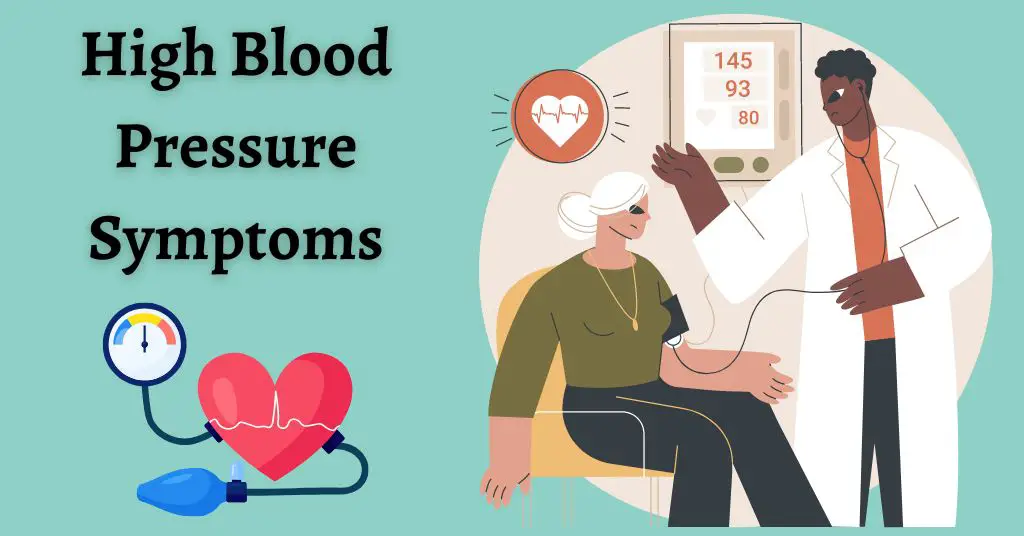However, some people with high blood pressure may not have any symptoms at all. When symptoms do occur, they can include severe headaches, nosebleeds, fatigue or confusion, vision problems, chest pain, difficulty breathing, irregular heartbeat, blood In the urine, dizziness, nervousness, sweating, trouble sleeping, facial flushing, blood spots in the eyes.


